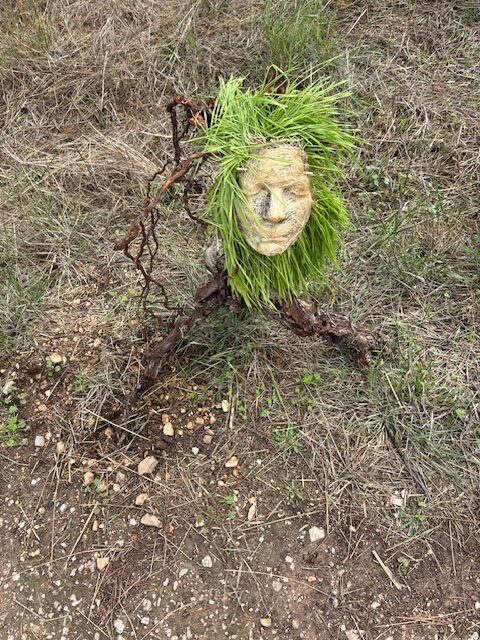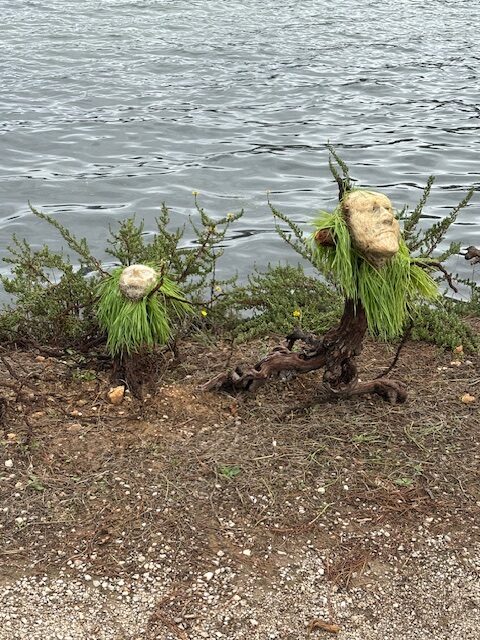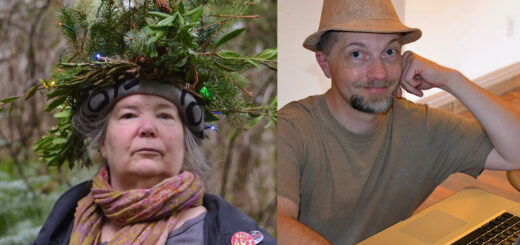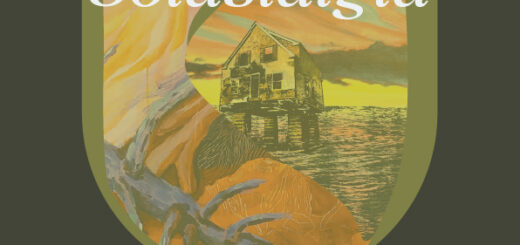Pierre Leichner
Artist in residence for the month of October 2025
While we live in a period of unprecedented wealth, poverty and hunger persist. We are
increasingly aware of our environment, but we continue to damage it. Despite significant
advances in our understanding of human disease, we struggle to provide person-centered
care and promote health.
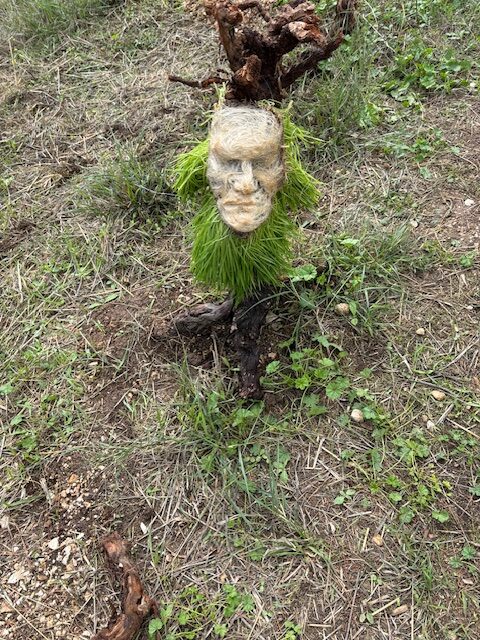
Participation in the arts promotes the health and well being of individuals and their
communities. It is therefore essential that artists work with their communities to explore
the health issues facing humanity.
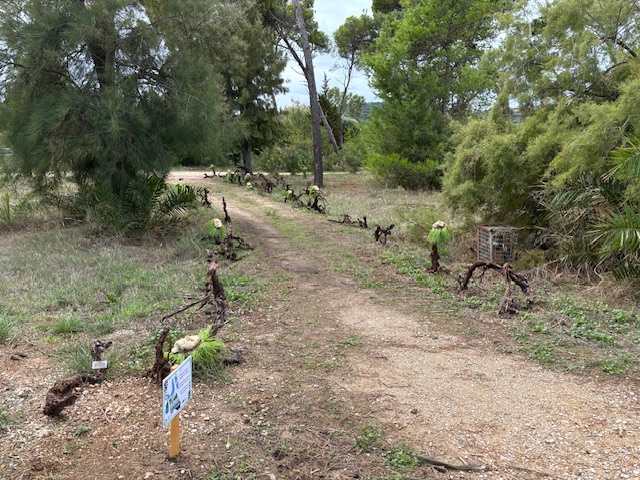
In 2002, Pierre Leichner left a thirty-five-year career as a university psychiatrist to study
fine arts at Emily Carr University (Vancouver, BC). In so doing, he broke away from
what he saw as a dehumanized healthcare system, while fulfilling a long-held dream.
During his art studies, Pierre became aware of the many similarities between science and
art, which share the aim of examining the foundations of human existence. He also
realized that art had lost its place to science, business, and entertainment as a tool for
understanding.
Following the completion of his Master of Fine Arts/Sculpture at Concordia University
(Montreal, QC) in 2011, he devoted himself to his life as an artist. He founded the
Vancouver Outsider Arts Festival in 2017, dedicated to marginalized visual and
performing artists, for which he is still artistic director. He is also a member of the
Connection Salon collective and sits on the board of the Community Arts Council of
Vancouver.
His current projects, fusing science and art, illustrate his interdisciplinary approach. His
paintings on doors explore gravitational waves and black holes, while his BioArt works
with earthworms denounce the harmful effects of agrochemicals on soil fertility. In
cultural mediation, his ephemeral installations underline our need to reconnect with
nature, while his series of hand and foot sculptures address the socio-political challenges
of immigrants and refugees. As a member of the Connection Salon collective, he
organizes the Art Talks in Plain English Series to democratize knowledge and bring
academic fine art closer to the community.
